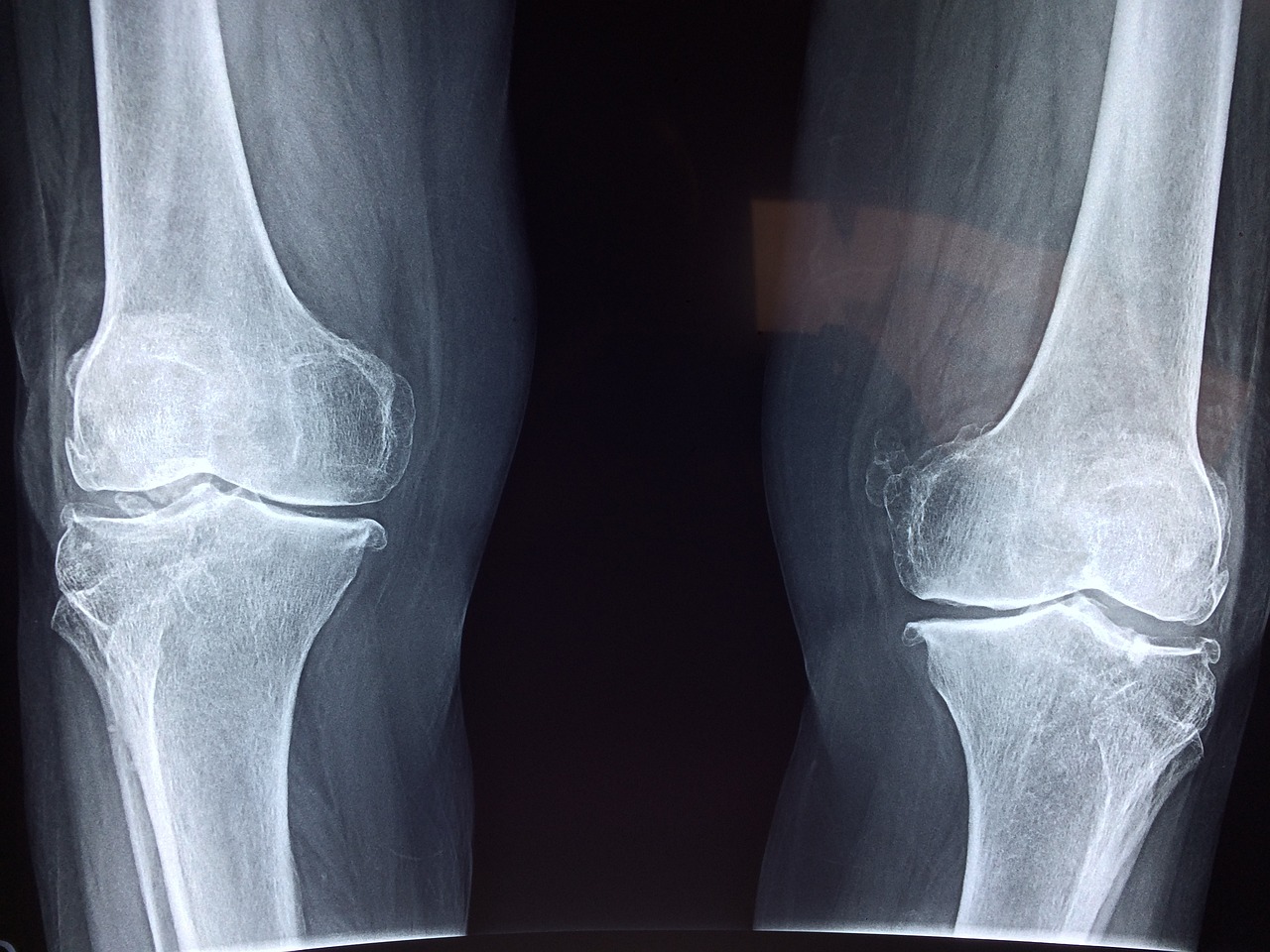Table of Contents
Strong and healthy bones are the foundation of a vibrant and active life. As we age, our bones undergo changes that can lead to conditions like osteoporosis, making it essential to prioritize bone health throughout our lives. Fortunately, nature provides us with a wealth of essential foods that can fortify our bones and keep them resilient. In this article, we will explore these bone-loving foods, with a focus on calcium, vitamin D and other vital nutrients.
Strong and healthy bones are the unsung heroes of our physical well-being, serving as the scaffolding upon which our active and vibrant lives are built. Yet, as the years go by, our bones face the inevitability of change, with potential consequences like osteoporosis lurking on the horizon. That’s why it’s crucial to prioritize bone health at every stage of life.
The good news is that nature offers us a bountiful array of foods that act as staunch defenders of our skeletal strength. These bone-loving foods come armed with a potent combination of essential nutrients, with calcium and vitamin D leading the charge. Let’s embark on a journey to explore the nourishing world of these foods and understand how they contribute to lifelong bone resilience.
1. Calcium Champions: Calcium is the cornerstone of bone health and it’s readily available in various dietary sources. Dairy products like milk, yogurt and cheese are well-known calcium-rich options. However, if dairy isn’t your preference, there are plenty of non-dairy alternatives like fortified plant-based milk, leafy greens (such as kale and collard greens) and calcium-set tofu.
2. Vitamin D Defenders: Vitamin D plays a vital role in calcium absorption, making it a critical companion to calcium-rich foods. Sunlight exposure is a natural source of vitamin D, but dietary sources like fatty fish (salmon, mackerel), egg yolks and fortified foods (cereals, orange juice) can help ensure you meet your daily requirements.
3. Magnesium Marvels: Magnesium is often overlooked but is just as essential for bone health as calcium and vitamin D. It aids in calcium absorption and bone mineralization. Incorporate magnesium-rich foods like nuts, seeds, whole grains and leafy greens into your diet to support your bones.
4. Protein Protectors: Protein is another ally for bone health, as it provides the building blocks for bone formation. Include lean protein sources like poultry, fish, lean meats, beans and legumes in your meals to promote bone strength.
5. Vitamin K Warriors: Vitamin K is essential for bone mineralization and the synthesis of bone proteins. Leafy greens like spinach and kale, as well as broccoli and Brussels sprouts, are excellent sources of vitamin K.
6. Bone Broth Benefits: Homemade bone broth can be a nutrient-rich addition to your diet, providing minerals like calcium and magnesium in an easily digestible form.
As we explore the world of bone-loving foods, it’s evident that a well-balanced diet, rich in diverse nutrients, is the key to strong and resilient bones. Beyond individual nutrients, these foods work in synergy to fortify your skeletal foundation and ensure that it remains sturdy throughout the journey of life.
So, whether you’re sipping on a glass of fortified orange juice at breakfast, enjoying a leafy green salad at lunch or savoring a piece of grilled salmon for dinner, remember that each bite is a step towards fortifying your bones and safeguarding the vibrant, active life you cherish. Bone health is an investment that pays dividends in your overall well-being, so let’s embrace the delicious bounty nature provides and nourish our bones for a lifetime of strength and vitality.
Should you desire more in-depth information, it’s available for your perusal on this page: Calcium | The Nutrition Source | Harvard T.H. Chan School of Public …
The Importance of Bone Health
Our bones are not static structures; they are living tissues that constantly remodel themselves. Throughout our lives, our bodies both build and break down bone tissue. However, during childhood and adolescence, bone formation outpaces bone loss, resulting in denser and stronger bones. As we age, this balance can shift, leading to bone loss and a higher risk of fractures.
The dynamic nature of our bones reveals the intricate dance of life within us. Far from being static, our bones are living tissues engaged in a continuous cycle of remodeling. It’s a remarkable process that maintains bone health throughout our lives and it all begins during childhood and adolescence.
Childhood and Adolescence: These formative years are like the construction phase of a building project. During this time, our bodies are hard at work, laying down the foundation for strong and dense bones. The rate of bone formation outpaces bone loss, resulting in the accrual of bone mass. It’s akin to depositing bricks and mortar to create a robust skeletal framework that will support us in the years to come.
Adulthood: As we transition into adulthood, our bones are still engaged in this dynamic cycle. Bone remodeling continues, but it becomes more balanced, with bone formation roughly matching bone loss. Our bones remain strong and sturdy, capable of withstanding the demands of daily life.
Aging: However, as we journey through life, the balance between bone formation and bone loss can tip in favor of the latter. This shift becomes more pronounced as we age, especially beyond the age of 50. Bone loss outpaces bone formation, resulting in decreased bone density and, consequently, a higher risk of fractures. This phase is often associated with conditions like osteoporosis, where bones become fragile and porous.
The key to maintaining bone health as we age is to nurture this intricate balance. Here are some strategies:
Nutrition: Ensure you get an adequate intake of calcium and vitamin D, essential nutrients for bone health. Dairy products, leafy greens and fortified foods are excellent sources.
Physical Activity: Engage in weight-bearing exercises like walking, jogging and strength training to stimulate bone formation and maintain bone density.
Lifestyle Choices: Avoid smoking and limit alcohol consumption, as these habits can contribute to bone loss.
Regular Check-Ups: Consult your healthcare provider for bone density assessments and guidance on preventive measures or treatments if needed.
Balanced Diet: Consume a well-rounded diet rich in nutrients like magnesium, vitamin K and vitamin C, which also support bone health.
Remember that bone health is a lifelong journey and the choices you make today can influence your bone strength in the years to come. By staying mindful of your diet, exercise and lifestyle, you can help ensure that your bones remain resilient, supporting you in every step of your life’s journey.
You can also read more about this here: Vitamin D – Health Professional Fact Sheet

The Role of Calcium
Calcium is perhaps the most well-known nutrient for bone health. It is a mineral that makes up a significant portion of our bones’ composition, providing structural support and strength. When we don’t consume enough calcium, our bodies withdraw calcium from our bones, weakening them over time.
Certainly, here’s an extended idea:
“Calcium, often hailed as the cornerstone nutrient for bone health, plays an irreplaceable role in ensuring the strength and structural integrity of our skeletal system. It is, in fact, so crucial that our bodies have evolved intricate mechanisms to maintain a stable level of calcium in the bloodstream, even at the expense of our bone health.
1. Essential Mineral for Bone Strength:
- Calcium constitutes a major component of our bones, providing the sturdy framework that supports our body’s weight and facilitates everyday activities. It contributes to bone density, making bones strong and resilient.
- Our bones serve as a calcium reservoir, storing this mineral for various physiological processes beyond skeletal health. When the body requires calcium for functions such as muscle contraction, nerve transmission and blood clotting, it can readily tap into these reserves.
2. The Consequence of Calcium Deficiency:
- Inadequate calcium intake can lead to a calcium deficit in the bloodstream. To maintain the necessary level of calcium for vital bodily functions, the body may resort to a process called ‘calcium resorption’ from the bones.
- This withdrawal of calcium from bones is a natural survival mechanism, but it comes at a cost to bone health. Over time, chronic calcium deficiency can lead to reduced bone density, increasing the risk of osteoporosis and fractures.
3. The Role of Vitamin D:
- To fully harness the benefits of calcium, our bodies require vitamin D. Vitamin D assists in the absorption of calcium from the digestive tract into the bloodstream, ensuring that the calcium we consume is effectively utilized for bone health.
- Inadequate vitamin D levels can hinder calcium absorption, even if you’re getting enough calcium in your diet. Therefore, a well-balanced approach to bone health involves both adequate calcium and vitamin D intake.
4. Other Nutrients and Lifestyle Factors:
- While calcium is pivotal for bone health, it is just one piece of the puzzle. Other nutrients, such as magnesium, phosphorus and vitamin K, also play essential roles in bone formation and maintenance.
- Engaging in weight-bearing exercises, like walking or weightlifting, stimulates bone remodeling and helps maintain bone density. A sedentary lifestyle can contribute to bone loss over time.
- Avoiding excessive alcohol consumption and not smoking are lifestyle factors that can protect bone health.
5. Lifelong Importance:
- It’s essential to recognize that the importance of calcium for bone health spans across all stages of life, from childhood to old age. During childhood and adolescence, when bones are growing, adequate calcium intake is crucial. In adulthood, it helps maintain bone strength and in older age, it reduces the risk of fractures and osteoporosis.
In summary, calcium is indeed a vital nutrient for bone health and its significance extends far beyond our skeletal system. Understanding the role of calcium, along with the importance of vitamin D, other nutrients and lifestyle choices, empowers individuals to take proactive steps in preserving their bone health throughout their lifespan. By ensuring an adequate intake of calcium and adopting a bone-friendly lifestyle, one can build and maintain strong, resilient bones, contributing to overall well-being and quality of life.”
If you’d like to dive deeper into this subject, there’s more to discover on this page: Vitamin D – Health Professional Fact Sheet
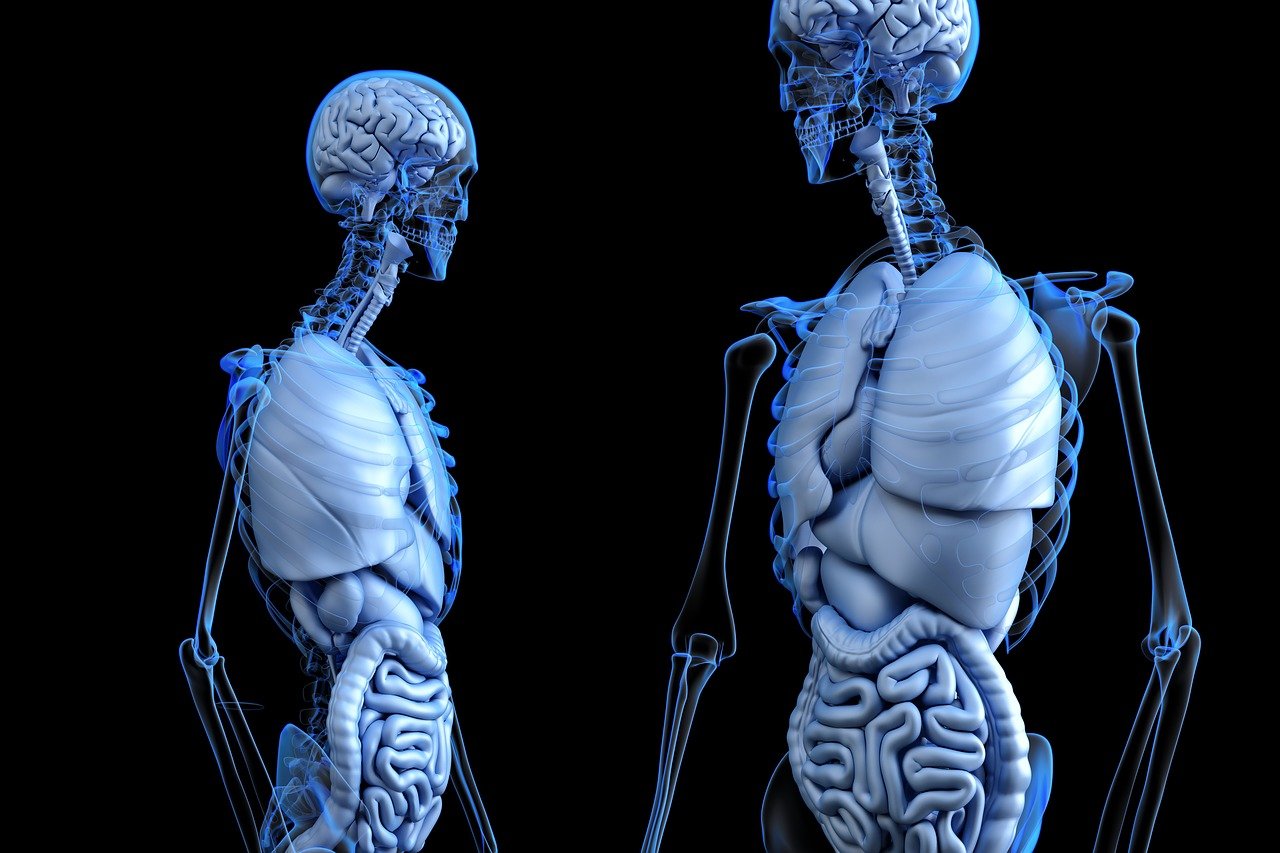
Dairy Products
Milk, yogurt and cheese are well-known calcium sources. Opt for low-fat or fortified varieties to keep your calcium intake high without excess saturated fat.
When it comes to calcium intake, dairy products like milk, yogurt and cheese are indeed some of the most well-known and accessible sources. However, making mindful choices within the dairy category can help you maintain high calcium levels while keeping saturated fat in check.
Milk is a classic source of calcium and is available in various fat percentages, from whole milk to skim milk. For those concerned about saturated fat intake, opting for low-fat or fat-free milk can be a smart choice. These versions provide the calcium you need without the extra saturated fat. Additionally, many brands offer fortified plant-based milk alternatives like almond, soy or oat milk, which can be excellent calcium sources for individuals who are lactose intolerant or prefer a dairy-free option.
Yogurt is another dairy product that offers a calcium boost. Greek yogurt, in particular, is a protein-rich choice that can help satisfy hunger and support muscle health. When selecting yogurt, opt for plain, low-fat or fat-free varieties. They provide the calcium you need without added sugars, which can contribute to excess calorie intake.
Cheese can be a delicious calcium source, but it’s important to choose wisely. Some cheeses are higher in saturated fat than others. Opt for reduced-fat or part-skim cheese options when possible. These varieties still deliver the rich and satisfying flavor of cheese without excessive saturated fat. Additionally, consider using cheese as a flavorful garnish rather than the main ingredient to keep saturated fat intake in check.
Aside from dairy, there are other calcium-rich foods to consider incorporating into your diet. Leafy greens like kale and collard greens, tofu (if prepared with calcium sulfate), almonds and fortified foods like breakfast cereals and orange juice can all contribute to your calcium intake.
Maintaining an adequate calcium intake is crucial for bone health and overall well-being. Calcium not only supports the structure and strength of your bones but also plays a role in muscle function and nerve transmission. By making thoughtful choices within the dairy category and exploring other calcium-rich foods, you can ensure that you meet your daily calcium needs while promoting heart-healthy eating habits by reducing saturated fat intake.
For a comprehensive look at this subject, we invite you to read more on this dedicated page: Milk and Dairy Products and Their Nutritional Contribution to the …

Leafy Greens
Vegetables like broccoli, kale and collard greens are rich in calcium and they also offer a host of other vitamins and minerals for overall health.
Vegetables like broccoli, kale and collard greens are nutritional powerhouses, offering a wealth of health benefits beyond their calcium content. Incorporating these leafy greens into your diet can provide a diverse range of essential vitamins, minerals and phytonutrients that contribute to overall well-being.
Calcium for Bone Health: While dairy products often steal the spotlight when it comes to calcium, these leafy greens are rich and often overlooked sources of this vital mineral. Calcium is essential for strong bones and teeth and consuming calcium-rich vegetables can help maintain bone density and reduce the risk of osteoporosis.
Vitamin K for Blood Clotting: Broccoli, kale and collard greens are excellent sources of vitamin K, particularly vitamin K1. This vitamin plays a crucial role in blood clotting, ensuring that wounds heal properly and preventing excessive bleeding. It also contributes to bone health by assisting in calcium regulation.
Fiber for Digestive Health: These vegetables are rich in dietary fiber, which supports digestive health by promoting regular bowel movements, preventing constipation and supporting a healthy gut microbiome. Fiber also contributes to a feeling of fullness, which can be beneficial for weight management.
Vitamins A and C for Immunity: Broccoli, kale and collard greens are packed with vitamins A and C, both of which are essential for a robust immune system. Vitamin A supports the health of your skin and mucous membranes, while vitamin C is an antioxidant that helps protect cells from damage.
Antioxidants for Cellular Health: Leafy greens are a source of various antioxidants, including beta-carotene and quercetin. Antioxidants help combat oxidative stress and inflammation in the body, reducing the risk of chronic diseases and promoting healthy aging.
Folate for Cellular Function: Folate, also known as vitamin B9, is essential for various cellular processes, including DNA synthesis and repair. It’s particularly important during pregnancy to support the development of the baby’s neural tube. These vegetables are a good source of folate.
Phytonutrients for Health: These vegetables contain a diverse array of phytonutrients, including sulforaphane, glucosinolates and flavonoids, which have been linked to numerous health benefits. These compounds are being studied for their potential to reduce the risk of certain cancers and support overall health.
Incorporating broccoli, kale and collard greens into your diet is a smart choice for promoting overall health. You can enjoy them steamed, sautéed, in salads, as part of stir-fries or blended into smoothies. Their versatility makes it easy to reap the many nutritional rewards they offer and they can serve as a flavorful and nutritious foundation for a balanced diet.
For a comprehensive look at this subject, we invite you to read more on this dedicated page: Calcium/Vitamin D Requirements, Recommended Foods …

Tofu and Soy Products
Firm tofu and certain soy-based foods, like tempeh and fortified soy milk, are great options for those following a plant-based diet.
For individuals who embrace a plant-based diet, firm tofu and soy-based foods like tempeh and fortified soy milk are not just dietary options; they’re valuable sources of essential nutrients and versatile culinary allies. Let’s explore why these plant-based choices are a fantastic addition to your dietary repertoire:
High-Quality Protein: Firm tofu and tempeh are rich in high-quality plant-based protein. Tofu, in particular, is exceptionally versatile and can be marinated, grilled, sautéed or blended into creamy sauces and smoothies. Tempeh, with its nutty flavor and hearty texture, is a favorite among plant-based enthusiasts for its protein content and ability to absorb flavors.
Complete Protein: Soy-based foods, including tofu and tempeh, are unique among plant proteins because they contain all nine essential amino acids. This makes them “complete proteins,” providing the full range of amino acids necessary for muscle maintenance, tissue repair and overall bodily function.
Rich in Nutrients: Both tofu and tempeh are nutrient powerhouses. They are excellent sources of calcium, iron, magnesium and other essential minerals. Additionally, they provide B vitamins, particularly vitamin B12 in fortified soy milk, which is often challenging to obtain from plant-based sources.
Heart-Healthy: Soy-based foods have been associated with heart health benefits. They contain unsaturated fats, fiber and plant compounds called phytochemicals that can help lower LDL (bad) cholesterol levels and reduce the risk of heart disease.
Bone Health: Tofu and fortified soy milk are valuable sources of calcium, a mineral essential for bone health. These plant-based options can contribute to meeting your daily calcium requirements, especially important for individuals who avoid dairy products.
Diverse Culinary Applications: The versatility of tofu and tempeh knows no bounds. Tofu can be used in both savory and sweet dishes, from stir-fries and scrambles to smoothies and desserts. Tempeh’s robust flavor makes it an ideal choice for sandwiches, salads and protein-packed bowls. Fortified soy milk can replace dairy milk in nearly any recipe.
Sustainable Protein: Choosing soy-based foods is also an eco-conscious decision. Soybeans are a more sustainable source of protein compared to many animal-derived protein sources, as they require fewer resources like water and land and produce fewer greenhouse gas emissions.
While tofu, tempeh and fortified soy milk offer numerous benefits, it’s important to embrace a well-balanced and varied plant-based diet to ensure you receive a broad spectrum of nutrients. Additionally, consult with a healthcare professional or registered dietitian to address any specific dietary considerations or nutrient needs based on your individual health goals.
Whether you’re fully plant-based or simply exploring meatless meal options, these soy-based foods can be your trusted companions on your culinary and nutritional journey. They not only provide a wealth of nutrients but also offer delectable flavors and textures that can elevate your plant-based dining experience to new heights.
Should you desire more in-depth information, it’s available for your perusal on this page: USDA MyPlate Dairy Group – One of the Five Food Groups
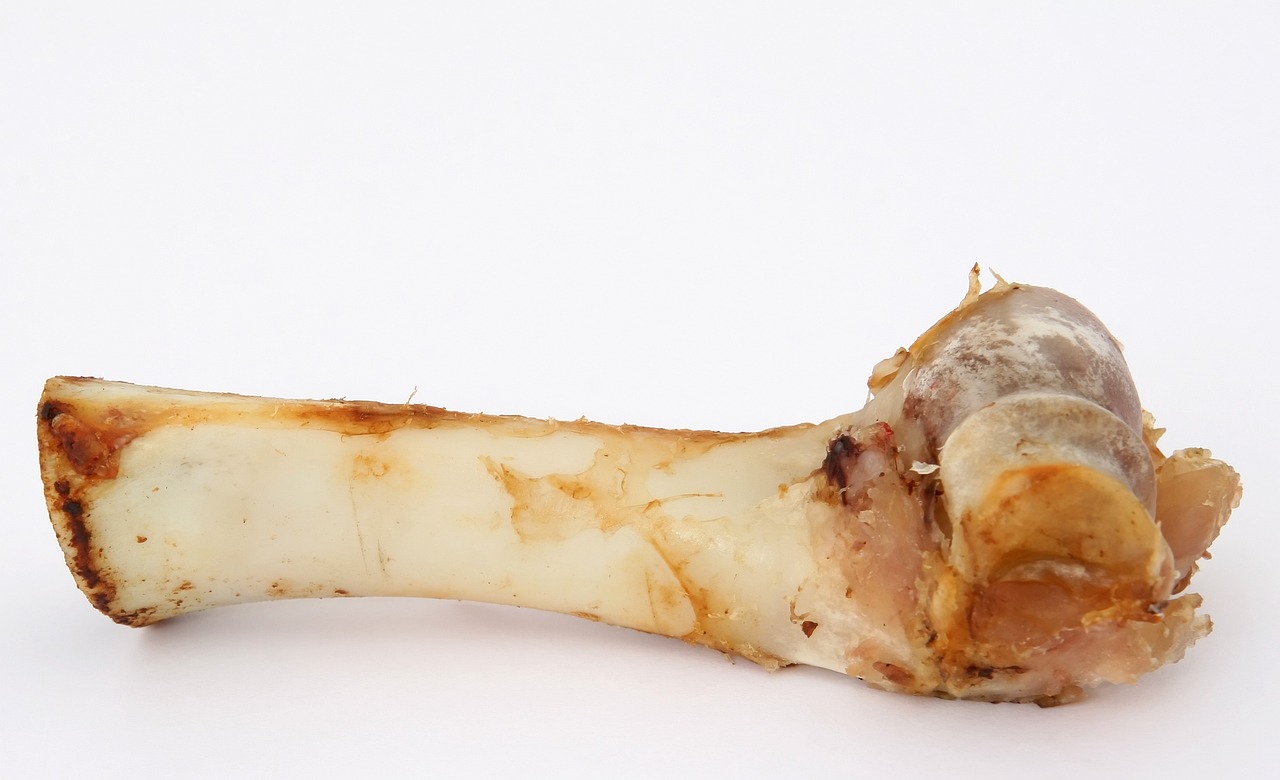
Fish
Canned fish with bones, such as sardines and salmon, provide calcium along with heart-healthy omega-3 fatty acids.
Exploring the benefits of canned fish with bones, such as sardines and salmon, unveils a nutritional treasure trove that goes beyond their delicious taste. These humble seafood options offer a unique combination of calcium and heart-healthy omega-3 fatty acids, making them standout additions to your diet for multiple reasons:
1. Calcium for Strong Bones: Calcium is not just about building strong bones; it also supports muscle function, nerve signaling and blood clotting. Canned fish with bones, especially sardines and salmon, are exceptional sources of dietary calcium. Consuming these foods can contribute to the maintenance of healthy bones and teeth. The presence of edible bones in canned fish provides a convenient and highly absorbable source of this vital mineral.
2. Heart-Healthy Omega-3s: In addition to calcium, canned fish with bones are brimming with omega-3 fatty acids, particularly eicosapentaenoic acid (EPA) and docosahexaenoic acid (DHA). These omega-3s have earned a well-deserved reputation for their cardiovascular benefits. They can reduce the risk of heart disease by lowering triglyceride levels, reducing inflammation and supporting healthy blood vessels. Regular consumption of these fish varieties can be a delicious and natural way to promote heart health.
3. Omega-3s for Brain Health: Omega-3 fatty acids aren’t just good for your heart; they’re also essential for optimal brain function. DHA, in particular, is a major structural component of brain tissue. Including canned fish with bones in your diet can potentially enhance cognitive function, memory and mood while promoting overall mental well-being.
4. Convenience and Versatility: Canned fish with bones offer the advantage of convenience. They are readily available, have a longer shelf life and require minimal preparation. You can enjoy them on their own, mixed into salads, sandwiches or pasta dishes or even mashed and spread on whole-grain crackers.
5. Sustainable and Nutrient-Dense: Sardines and salmon are often considered sustainable seafood choices due to their abundance and responsible harvesting practices. They are nutrient-dense, providing a range of essential vitamins and minerals in addition to calcium and omega-3s.
Incorporating canned fish with bones into your diet is not only a tasty culinary choice but also a nutritionally wise one. These unassuming seafood options bring a wealth of health benefits, from supporting strong bones and cardiovascular health to nourishing your brain and enhancing overall well-being. So, the next time you’re planning your meals, consider adding sardines or salmon with bones to your menu and savor the delightful fusion of flavor and nutrition they bring to the table.
Explore this link for a more extensive examination of the topic: Calcium/Vitamin D Requirements, Recommended Foods …
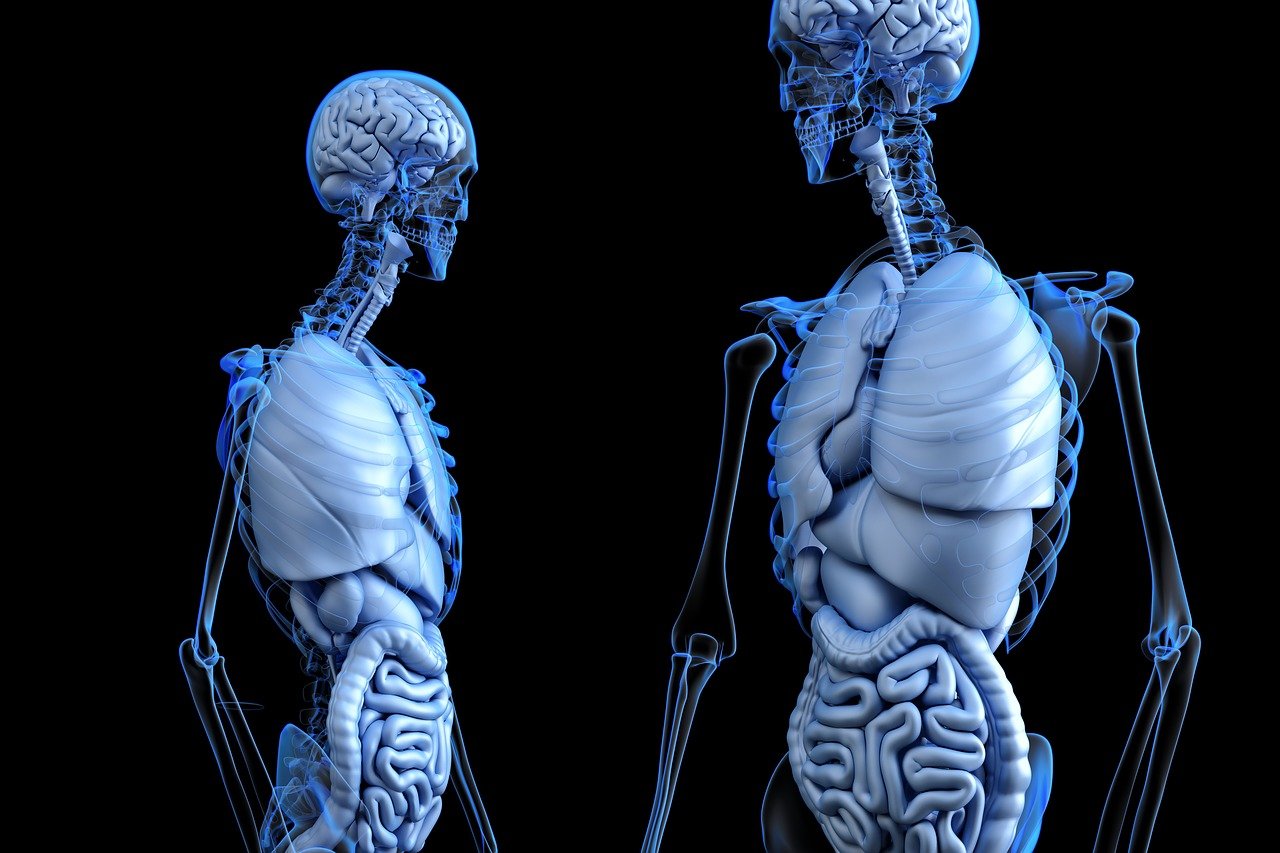
Nuts and Seeds
Almonds, chia seeds and sesame seeds are calcium-rich snacks and additions to meals.
Indeed, almonds, chia seeds and sesame seeds are not only delicious but also nutrient-packed options that can significantly enhance your diet. These calcium-rich snacks and meal additions offer several benefits that contribute to your overall health and well-being.
1. Strong Bones and Teeth: Calcium is a vital mineral for maintaining strong bones and teeth. By incorporating almonds, chia seeds and sesame seeds into your meals or enjoying them as snacks, you’re providing your body with a natural source of calcium. This can be especially important for individuals who may be lactose intolerant or prefer plant-based diets, as these options are dairy-free.
2. Heart Health: In addition to calcium, these seeds and nuts are also rich in heart-healthy fats. Almonds, for instance, are high in monounsaturated fats, which can help lower bad cholesterol levels and reduce the risk of heart disease. Chia seeds are packed with omega-3 fatty acids, which have been linked to improved cardiovascular health. Sesame seeds contain sesamin and sesamolin, compounds that have antioxidant properties and may benefit heart health.
3. Satiety and Weight Management: Incorporating almonds, chia seeds or sesame seeds into your meals can help promote feelings of fullness and reduce overall calorie intake. This can be particularly useful for those looking to manage their weight or curb unhealthy snacking habits.
4. Nutrient Diversity: These seeds and nuts also provide a range of other essential nutrients. For example, they offer protein, dietary fiber, vitamins and minerals that are beneficial for various bodily functions, including digestion and immune support.
5. Versatile Culinary Additions: Almonds, chia seeds and sesame seeds are incredibly versatile in the kitchen. You can sprinkle them on yogurt, salads, oatmeal or smoothie bowls. They can be incorporated into baking recipes, added to stir-fries or even used as coatings for proteins or vegetables. Their adaptability makes it easy to enjoy their health benefits in a variety of ways.
6. Sustainability: Choosing plant-based sources of calcium like almonds, chia seeds and sesame seeds can also contribute to a more sustainable diet, as they typically have a lower environmental impact compared to some animal-based sources of calcium.
Incorporating these calcium-rich snacks and meal additions not only diversifies your diet but also contributes to your overall health. So, whether you’re looking to support bone health, maintain a healthy heart or simply enjoy nutritious and delicious snacks, almonds, chia seeds and sesame seeds are excellent choices to consider.
If you’d like to dive deeper into this subject, there’s more to discover on this page: Healthy Eating Tips | DNPAO | CDC
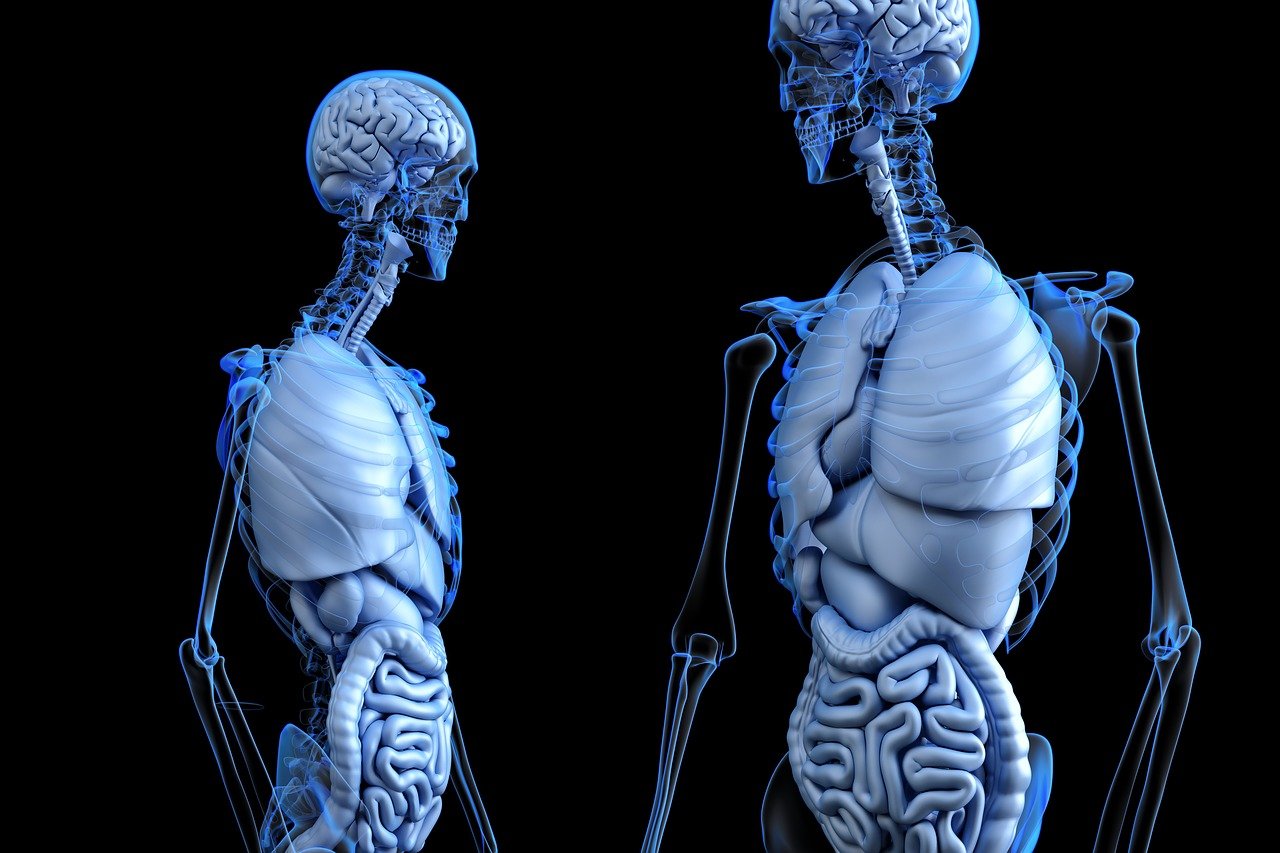
The Sunshine Vitamin: Vitamin D
Vitamin D plays a critical role in calcium absorption and bone health. Without adequate vitamin D, our bodies struggle to utilize the calcium we consume effectively. While some vitamin D is obtained through food, the primary source is sunlight. Spending time outdoors and getting sunlight on your skin is essential for maintaining healthy vitamin D levels.
Foods that are naturally rich in vitamin D include:
Vitamin D, often referred to as the “sunshine vitamin,” holds a paramount position in the realm of nutrition due to its pivotal role in calcium absorption and overall bone health. Without sufficient vitamin D, our bodies face a formidable challenge in utilizing the calcium we consume effectively. The interplay between these two nutrients is crucial for the formation and maintenance of strong and healthy bones. While some vitamin D can indeed be obtained through certain foods, the primary source remains the radiant sunlight. Therefore, dedicating time to outdoor activities and allowing sunlight to caress your skin is an essential component of a strategy to maintain optimal vitamin D levels.
Let’s delve deeper into this multifaceted relationship between vitamin D, calcium and sunlight:
Calcium Absorption: Vitamin D acts as a facilitator in the process of calcium absorption within the small intestine. When you consume foods or supplements rich in calcium, vitamin D helps transport this vital mineral from the digestive system into the bloodstream, ensuring that it’s available for various bodily functions, including bone health.
Bone Strength: Calcium is an integral component of bone structure, providing the framework for bone density and strength. Vitamin D’s role in calcium absorption is pivotal for the formation of healthy bone tissue. Inadequate vitamin D can result in weakened bones, making them more susceptible to fractures and conditions like osteoporosis.
Sunlight Synthesis: The human body possesses a remarkable ability to synthesize vitamin D when exposed to sunlight, specifically ultraviolet B (UVB) rays. This process occurs in the skin, where UVB rays trigger the conversion of a precursor molecule into active vitamin D. The amount of sunlight needed varies based on factors like skin tone, location and time of day.
Dietary Sources: While sunlight is the primary source of vitamin D, certain foods naturally contain this essential nutrient. These foods include fatty fish like salmon and mackerel, cod liver oil and small amounts in egg yolks. Many dairy products, cereals and plant-based milk alternatives are also fortified with vitamin D to help individuals meet their daily requirements.
Supplementation: In cases where obtaining sufficient vitamin D through sunlight and diet is challenging, supplements can be a valuable resource. Healthcare professionals may recommend vitamin D supplements to individuals with limited sun exposure, specific dietary restrictions or medical conditions that affect absorption.
Balanced Sun Exposure: Striking a balance between safe sun exposure and protecting your skin from harmful UV radiation is essential. Spending a moderate amount of time outdoors, especially during the sun’s peak hours, can help your body produce adequate vitamin D. However, always remember to use sunscreen and wear protective clothing when necessary to prevent skin damage and reduce the risk of skin cancer.
In summary, vitamin D’s critical role in calcium absorption and bone health underscores its significance in overall well-being. The synergy between sunlight, dietary sources and potential supplementation ensures that you can maintain healthy vitamin D levels to support strong bones and various other physiological functions. By being mindful of these factors and embracing a holistic approach to health, you can nurture your body’s needs and lay a solid foundation for a lifetime of robust bone health.
Explore this link for a more extensive examination of the topic: Vitamin D – Health Professional Fact Sheet

Fatty Fish
Salmon, mackerel and trout are excellent sources of vitamin D.
Salmon, mackerel and trout, aside from being delicious culinary choices, offer a valuable bonus in the form of vitamin D. This essential nutrient, often referred to as the “sunshine vitamin,” is vital for a wide range of bodily functions and these fatty fish are some of nature’s best vitamin D providers.
First and foremost, vitamin D plays a crucial role in maintaining strong and healthy bones. It works in tandem with calcium and phosphorus to ensure proper mineralization of bone tissue, reducing the risk of conditions like osteoporosis and fractures. When you indulge in a serving of salmon or savor a mackerel fillet, you’re not only treating your taste buds but also fortifying your skeletal system.
But vitamin D’s contributions extend far beyond bone health. It plays a pivotal role in supporting a robust immune system, helping your body fend off infections and illnesses. Research suggests that adequate vitamin D levels may reduce the risk of respiratory infections, making it particularly relevant in today’s health-conscious world.
Moreover, vitamin D is a versatile nutrient that influences gene expression in various tissues, impacting everything from cell growth and regulation to inflammation control. It is linked to improved mood and cognitive function, potentially offering protection against mood disorders like depression and cognitive decline in older adults.
For those living in regions with limited sunlight or during the winter months when sun exposure is reduced, fatty fish become even more critical as dietary sources of vitamin D. This is because our bodies can produce vitamin D when our skin is exposed to sunlight. By consuming salmon, mackerel and trout, you can help ensure that you maintain adequate vitamin D levels year-round.
Incorporating these fish into your diet not only adds delightful flavors to your meals but also provides a nutrient-packed insurance policy for your overall health. So, whether you enjoy them grilled, baked or smoked, know that you’re not just savoring their delectable taste but also harnessing the vitamin D benefits they bring to the table, supporting your bones, immune system and overall well-being.
If you’d like to dive deeper into this subject, there’s more to discover on this page: Vitamin D | The Nutrition Source | Harvard T.H. Chan School of …

Egg Yolks
Egg yolks contain small amounts of vitamin D.
Egg yolks, often associated with their rich and creamy texture, offer a modest but valuable contribution to your daily vitamin D intake. While they may not be a primary source of this crucial vitamin, they serve as a noteworthy addition to your overall diet.
Vitamin D is often referred to as the “sunshine vitamin” because our skin can synthesize it when exposed to sunlight. However, not everyone has consistent access to abundant sunlight, making dietary sources like egg yolks an important alternative.
In addition to vitamin D, egg yolks also provide essential nutrients like protein, choline and various B vitamins, including B12. These nutrients work together to support overall health, making eggs a versatile and nutritious addition to various dishes.
It’s important to note that while egg yolks do contain vitamin D, the amount can vary depending on factors such as the hen’s diet and exposure to sunlight. Therefore, for individuals with specific dietary requirements or those who have limited sun exposure, it’s advisable to consider other dietary sources of vitamin D or consult with a healthcare provider to ensure optimal vitamin D levels.
Incorporating egg yolks, along with other vitamin D-rich foods and sensible sun exposure, into your dietary routine can contribute to your overall health and well-being, especially when aiming to meet your vitamin D needs.
You can also read more about this here: Vitamin D Test: MedlinePlus Medical Test
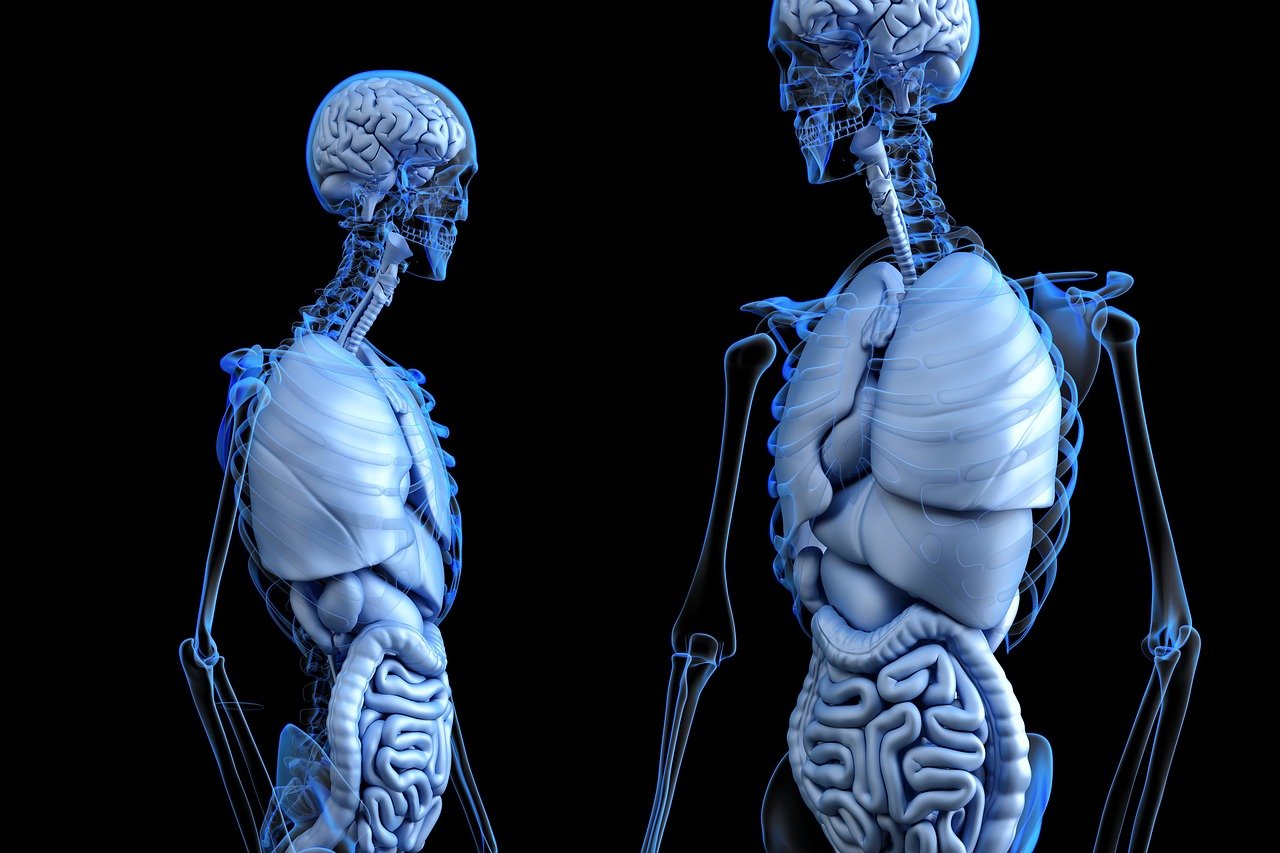
Fortified Foods
Many foods, including milk, orange juice and breakfast cereals, are fortified with vitamin D.
Many foods, including milk, orange juice and breakfast cereals, are fortified with vitamin D, a practice that has become increasingly important in addressing widespread deficiencies. Here’s a deeper exploration of this fortification strategy and why it matters for our health:
Combatting Deficiency: Vitamin D deficiency is a global health concern, affecting people of all ages and backgrounds. Fortifying commonly consumed foods with vitamin D is an effective way to help individuals meet their recommended daily intake. This is particularly valuable for people who have limited sun exposure, live in regions with minimal sunlight during certain seasons or have dietary restrictions that limit their vitamin D sources.
Bone Health: Vitamin D is essential for the absorption of calcium, a mineral critical for strong and healthy bones. Fortified foods, especially milk and dairy products, help ensure that individuals receive sufficient vitamin D to support calcium absorption. This is particularly important for growing children, adolescents and older adults, who are at higher risk of bone-related issues such as osteoporosis.
Immune Support: Emerging research has shown that vitamin D plays a role in immune function. Adequate levels of this vitamin are associated with a reduced risk of infections and a more robust immune response. Fortified foods can contribute to overall immune health, particularly during seasons when the risk of illness is higher.
Mood and Mental Well-Being: There is also evidence to suggest a link between vitamin D and mental health. Some studies have found that maintaining optimal vitamin D levels may be associated with a lower risk of depression and improved mood. Fortified foods can be part of a holistic approach to mental well-being.
Convenience and Accessibility: Fortified foods offer a convenient and accessible way to boost vitamin D intake. They are readily available in most grocery stores, making it easier for individuals and families to make healthier dietary choices without the need for supplementation or complex meal planning.
Diverse Dietary Preferences: Fortification is especially beneficial for individuals with diverse dietary preferences, including vegans and vegetarians, who may have limited natural dietary sources of vitamin D. Fortified plant-based milk alternatives, for example, can help bridge this nutritional gap.
Pregnancy and Infant Health: Adequate vitamin D intake is crucial during pregnancy and infancy to support the development of strong bones and overall health. Fortified foods, including infant formula, are essential components of ensuring that both mothers and babies receive the necessary nutrition.
In conclusion, fortifying foods with vitamin D is a proactive and effective strategy to address widespread deficiencies and promote better health outcomes. These fortified options provide a practical and accessible means for individuals to meet their nutritional needs, particularly in circumstances where natural sources of vitamin D may be limited. By incorporating these foods into our diets, we can strengthen our bones, support our immune systems and contribute to our overall well-being, all while enjoying the convenience of fortified options in our daily meals.
To delve further into this matter, we encourage you to check out the additional resources provided here: Vitamin D – Health Professional Fact Sheet

Other Essential Nutrients for Bone Health
In addition to calcium and vitamin D, several other nutrients play vital roles in bone health:
Certainly, bone health is a complex interplay of various nutrients and minerals that work in harmony to maintain strength and resilience. Beyond calcium and vitamin D, here are some of the key nutrients that play pivotal roles in supporting and fortifying your bones:
Magnesium: Magnesium is an unsung hero in bone health. It aids in calcium absorption and helps convert vitamin D into its active form, which is essential for calcium utilization. A deficiency in magnesium can compromise bone density.
Vitamin K: Vitamin K is crucial for bone mineralization. It activates osteocalcin, a protein that binds calcium to the bone matrix. This process ensures that calcium is deposited in bones, contributing to their strength.
Phosphorus: Phosphorus is a mineral that works alongside calcium to form the mineralized structure of bones. It’s a vital component of hydroxyapatite, the bone’s mineral matrix. Adequate phosphorus intake is essential for bone density.
Vitamin C: Vitamin C is known for its role in collagen production. Collagen is a structural protein that provides the framework for bones. Ensuring sufficient vitamin C intake supports the formation and maintenance of bone tissue.
Vitamin A: Vitamin A plays a part in bone remodeling, the continuous process of bone resorption and formation. It aids in maintaining the balance between these two processes, contributing to overall bone health.
B Vitamins: Several B vitamins, including B6, B12 and folate, are involved in processes related to bone metabolism. These vitamins help regulate homocysteine levels, which, when elevated, can negatively impact bone health.
Zinc: Zinc is essential for bone formation and mineralization. It promotes the activity of bone-building cells and supports the synthesis of collagen, a vital component of bone tissue.
Boron: Although needed in small amounts, boron plays a role in calcium and magnesium metabolism, which are both critical for bone health. Boron deficiency may lead to impaired bone development.
Protein: Adequate protein intake is crucial for bone health, as collagen, a key structural component of bones, is a protein. Protein supports bone structure and contributes to overall bone health.
Omega-3 Fatty Acids: Omega-3 fatty acids, found in fatty fish like salmon, have anti-inflammatory properties that can benefit bone health. Chronic inflammation can negatively affect bone density.
Incorporating a balanced diet that includes a variety of nutrient-rich foods is essential for maintaining strong and healthy bones. These nutrients, in synergy with calcium and vitamin D, collectively contribute to optimal bone health and reduce the risk of conditions like osteoporosis and fractures.
To delve further into this matter, we encourage you to check out the additional resources provided here: Vitamin D – Health Professional Fact Sheet

Vitamin K
Found in leafy greens, broccoli and Brussels sprouts, vitamin K helps regulate calcium and contributes to bone mineralization.
Nestled within the vibrant green hues of leafy greens, the cruciferous crunch of broccoli and the petite spheres of Brussels sprouts lies a crucial nutrient known as vitamin K. This unassuming yet powerful vitamin plays a pivotal role in the intricate dance of calcium regulation within your body, ultimately contributing to the health and strength of your bones.
Calcium Coordination: Vitamin K is the conductor of a complex orchestra in your body. It ensures that calcium, a vital mineral for bone health, is directed to the right places. Without adequate vitamin K, calcium might stray into soft tissues like arteries, potentially leading to calcification and cardiovascular issues. However, with vitamin K at the helm, calcium is guided to your bones and teeth, where it belongs.
Bone Mineralization: Vitamin K’s most celebrated role is in bone health. It activates proteins that are essential for the mineralization of bone, ensuring that your skeletal structure remains robust and resilient. This process is especially vital in childhood and adolescence when bones are growing and strengthening. But its importance doesn’t diminish with age; vitamin K continues to support bone health throughout your life.
Fracture Prevention: Adequate vitamin K intake has been associated with a reduced risk of fractures, particularly in older adults. By promoting bone density and strength, vitamin K plays a preventive role against osteoporosis and age-related bone loss.
Blood Clotting: Vitamin K also has a role in blood clotting, working in concert with other clotting factors to prevent excessive bleeding in case of injury. While this is a crucial function, it’s the delicate balance between clotting and calcium regulation that underscores the importance of maintaining adequate vitamin K levels.
Dietary Sources: To benefit from vitamin K’s bone-boosting prowess, it’s essential to include vitamin K-rich foods in your diet. Leafy greens like kale, spinach and Swiss chard are excellent sources, as are broccoli and Brussels sprouts. Additionally, fermented foods like natto contain a unique form of vitamin K known as K2, which has distinct benefits for bone health.
In conclusion, vitamin K is a silent hero in the realm of bone health, diligently regulating calcium and ensuring that it fortifies your skeletal structure. By embracing a diet rich in vitamin K-containing foods and maintaining adequate levels of this essential nutrient, you can bolster your bone health, reduce the risk of fractures and fortify your body against the challenges of aging. So, the next time you savor a bite of leafy greens or indulge in a serving of broccoli, know that you’re nourishing not only your taste buds but also your body’s foundation of strength and resilience.
For a comprehensive look at this subject, we invite you to read more on this dedicated page: The Synergistic Interplay between Vitamins D and K for Bone and …
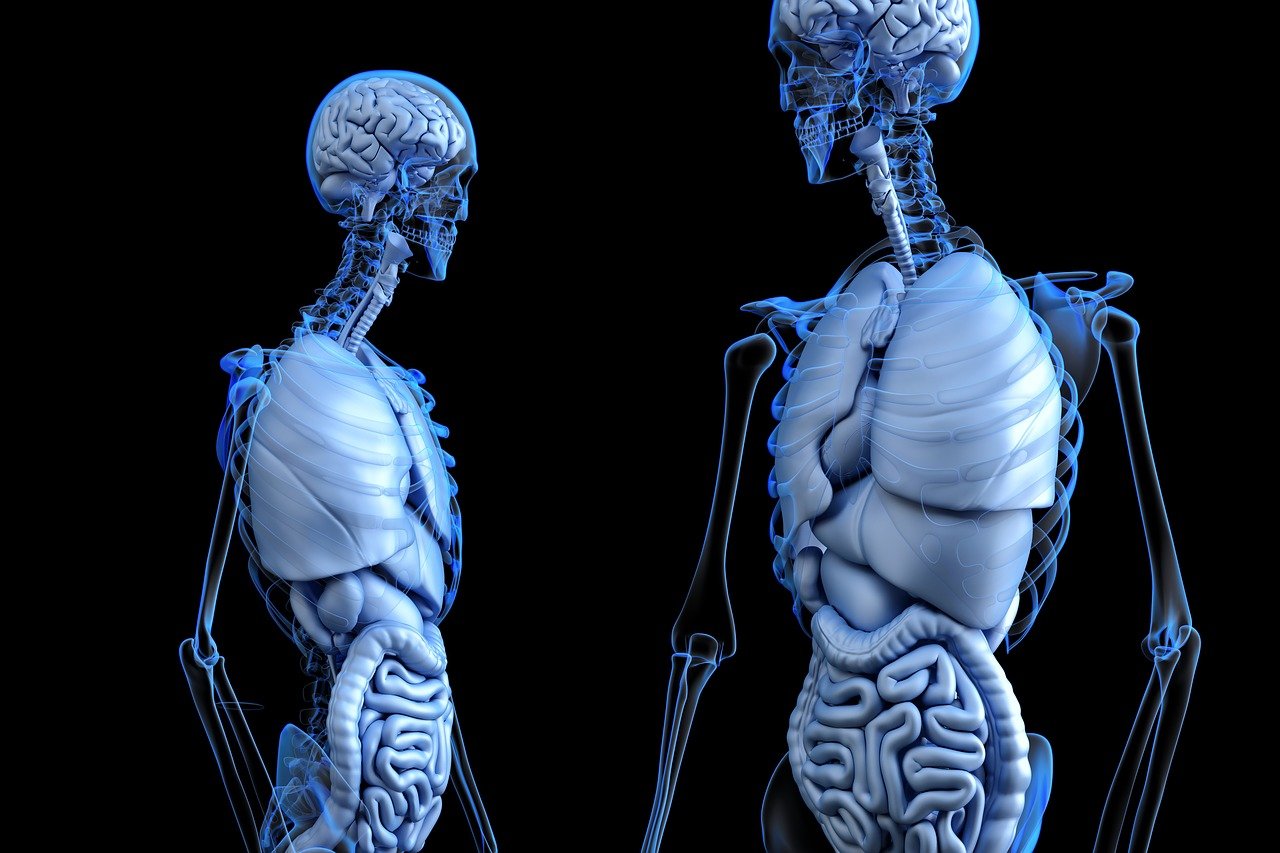
Magnesium
This mineral, abundant in nuts, seeds and whole grains, supports bone density.
This mineral, known as magnesium, plays a pivotal role in maintaining and promoting bone density. While calcium often takes the spotlight in discussions about bone health, magnesium operates quietly behind the scenes, but its contribution should not be underestimated.
Magnesium is involved in several crucial processes within the body that directly impact bone health. One of its primary functions is to help regulate calcium levels in the blood. Without adequate magnesium, calcium can accumulate in soft tissues or even in the arteries, rather than being effectively utilized in the bones. This imbalance can potentially lead to bone mineralization issues and hinder the development of strong, dense bones.
Moreover, magnesium facilitates the activation of vitamin D, another essential nutrient for bone health. Vitamin D is responsible for calcium absorption in the intestines and magnesium is required for the conversion of vitamin D into its active form. This dynamic interaction between magnesium and vitamin D ensures that calcium is absorbed efficiently from the digestive system into the bloodstream and ultimately deposited into bone tissue.
In addition to its roles in calcium regulation, magnesium is directly involved in bone formation. It helps stimulate the activity of osteoblasts, the cells responsible for building and repairing bone tissue. This means that magnesium not only assists in maintaining existing bone density but also contributes to the ongoing process of bone remodeling and renewal.
Nuts, seeds and whole grains are rich sources of magnesium, making them valuable additions to a bone-healthy diet. Almonds, for instance, are a convenient and delicious snack that provides a substantial amount of magnesium along with other essential nutrients. Pumpkin seeds and sunflower seeds are also magnesium powerhouses, offering a satisfying crunch and versatility in various recipes. When it comes to whole grains, choices like brown rice, quinoa and oats provide not only magnesium but also fiber and other nutrients that support overall health.
Maintaining adequate magnesium intake is essential for preserving bone density and overall bone health. However, it’s important to remember that balance is key. Consuming excessive amounts of magnesium through supplements can lead to adverse effects, including diarrhea and impaired absorption of other minerals like calcium. Therefore, it’s generally advisable to obtain magnesium from dietary sources.
In conclusion, while calcium and vitamin D often take center stage in bone health discussions, magnesium plays a vital, behind-the-scenes role in supporting and maintaining bone density. By incorporating magnesium-rich foods like nuts, seeds and whole grains into your diet, you can ensure that your bones receive the comprehensive nutritional support they need for lifelong strength and resilience.
To delve further into this matter, we encourage you to check out the additional resources provided here: Overview of Calcium – Dietary Reference Intakes for Calcium and …
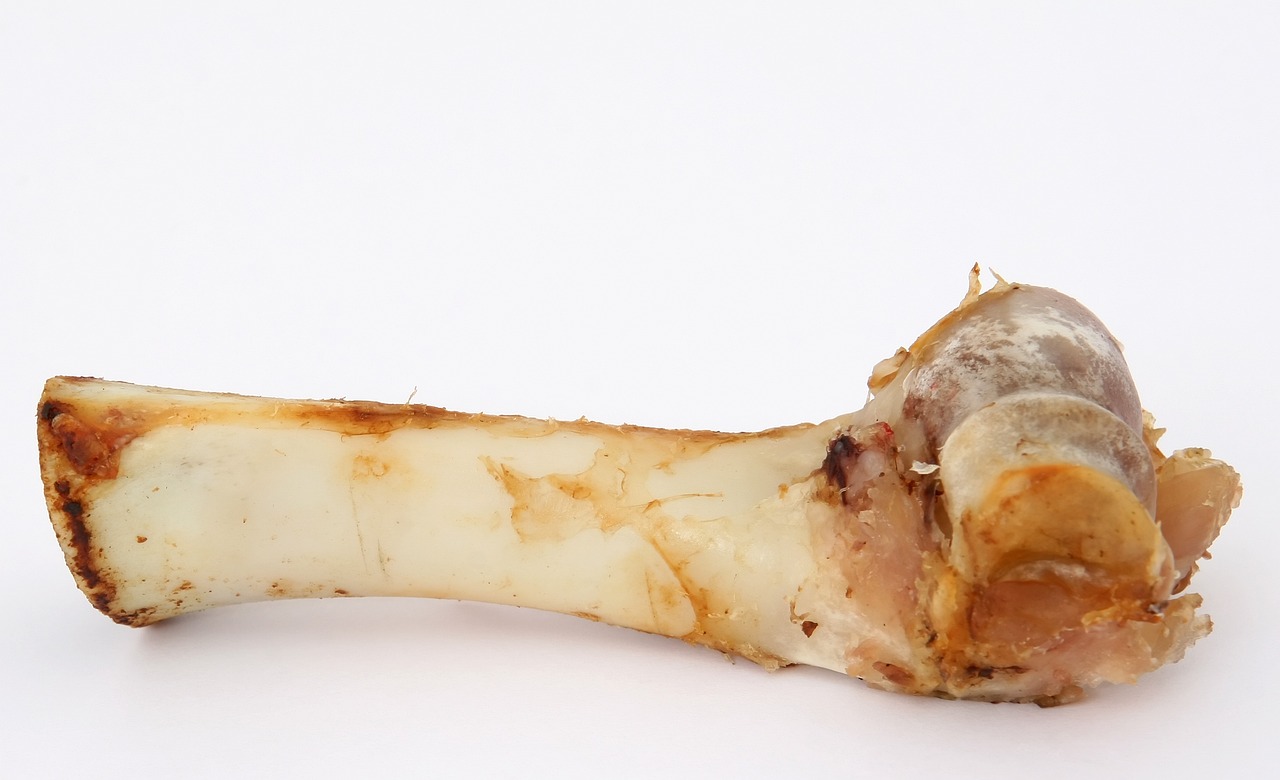
Phosphorus
Dairy products, lean meats and seafood are excellent sources of phosphorus, which works alongside calcium in bone formation.
Phosphorus is a silent hero when it comes to our skeletal health. It operates in tandem with calcium to create a sturdy foundation for our bones and teeth. Here’s a more in-depth look at the dynamic partnership between phosphorus and calcium in bone formation:
Bone Strength Duo: Phosphorus and calcium are like a dynamic duo, working hand in hand to build and maintain strong bones. While calcium is the most abundant mineral in bones, phosphorus is a close second, constituting a substantial portion of our bone structure.
Mineral Balance: Maintaining the right balance of phosphorus and calcium is crucial for bone health. Together, they form calcium phosphate crystals, which provide strength and rigidity to bones. This mineral balance ensures that our bones remain dense and durable.
Dietary Sources: Dairy products, lean meats and seafood are rich sources of phosphorus. Including these foods in your diet ensures an adequate supply of this vital mineral. Dairy, in particular, contains both calcium and phosphorus, making it a doubly valuable choice for bone health.
Metabolic Functions: Phosphorus is not just about bone formation; it’s also an essential player in various metabolic processes. It’s involved in energy production, DNA and RNA synthesis and the regulation of acid-base balance in the body.
Vitamin D Collaboration: Vitamin D plays a pivotal role in calcium absorption and phosphorus contributes to this process as well. Adequate phosphorus levels in the body ensure that calcium is absorbed effectively from the digestive system into the bloodstream, where it can then be utilized for bone-building purposes.
Bone Remodeling: Our bones are in a constant state of remodeling, with old bone tissue being replaced by new bone tissue. Phosphorus supports this process by providing the necessary materials for bone mineralization, helping to repair and maintain the integrity of our skeletal system.
Preventing Bone Disorders: An imbalance of phosphorus and calcium in the diet can lead to bone disorders. Too much phosphorus relative to calcium can result in weaker bones, potentially increasing the risk of fractures. A well-balanced diet that includes both minerals helps mitigate this risk.
Beyond Dairy: While dairy products are a well-known source of phosphorus, lean meats and seafood offer alternative options, particularly for individuals with dietary restrictions or preferences. Incorporating a variety of these foods ensures a diverse nutrient intake for bone health.
Lifestyle Matters: In addition to a nutrient-rich diet, other lifestyle factors like regular weight-bearing exercise, adequate vitamin D intake and avoiding excessive alcohol and caffeine consumption contribute to optimal bone health.
Remember that achieving and maintaining strong bones is a lifelong commitment. By embracing a balanced diet that includes phosphorus-rich foods, like dairy products, lean meats and seafood, you’re actively participating in building and preserving a sturdy skeletal structure that will support you throughout your life.
Don’t stop here; you can continue your exploration by following this link for more details: Calcium to phosphorus ratio, essential elements and vitamin D …
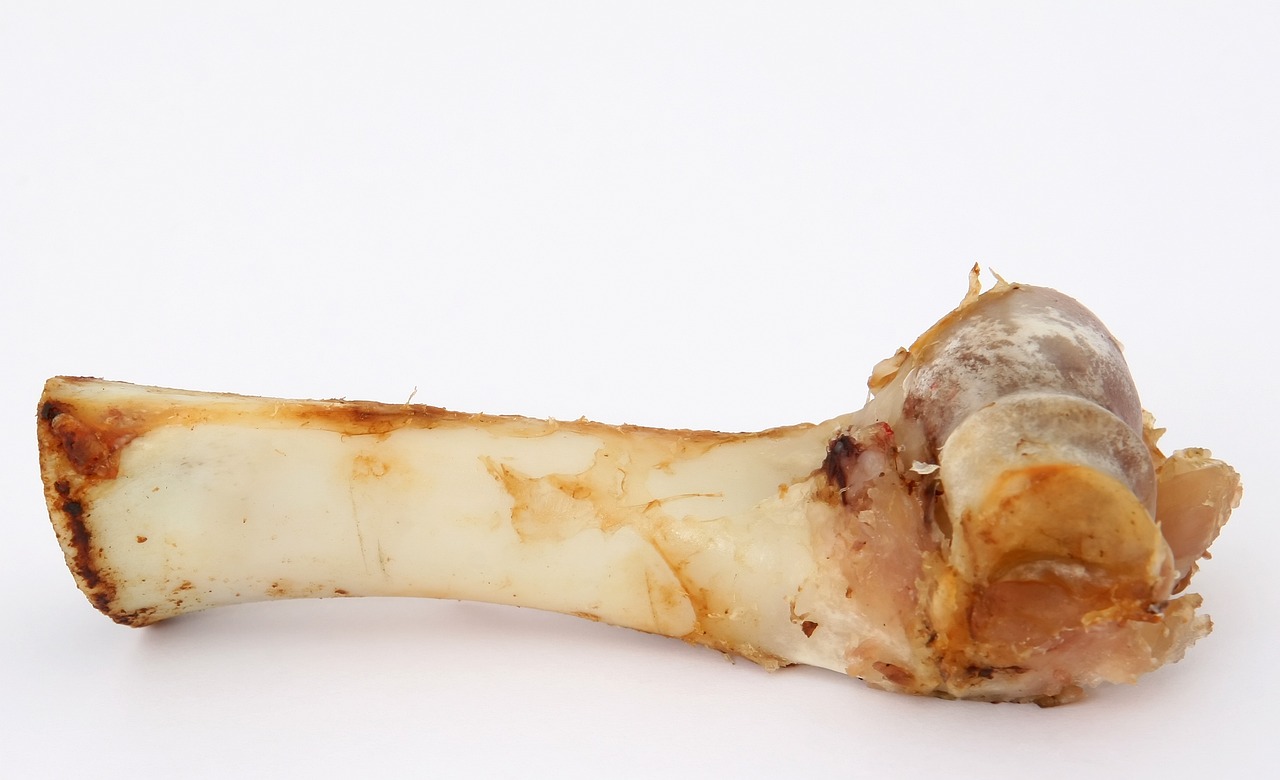
Balancing Your Bone Health
A balanced diet rich in these essential foods, along with regular weight-bearing exercise and sun exposure for vitamin D synthesis, can significantly contribute to strong and healthy bones. It’s important to maintain these practices throughout your life to support bone health and reduce the risk of fractures and osteoporosis.
Indeed, maintaining strong and healthy bones is a lifelong endeavor that reaps numerous benefits. Let’s delve deeper into the importance of this endeavor and explore additional strategies for promoting robust bone health throughout your life:
1. Lifelong Investment: Strong bones are not just for the young; they are an asset that pays dividends throughout your life. Investing in bone health early sets the stage for reduced fracture risk and overall well-being in later years.
2. Essential Nutrients: In addition to a balanced diet, ensure you’re getting essential bone-building nutrients like calcium and vitamin D. Dairy products, fortified foods, leafy greens and seafood are excellent sources of calcium. Sun exposure and fortified foods are vital for vitamin D synthesis.
3. Magnesium Matters: Don’t forget magnesium, a mineral crucial for bone health. It plays a role in calcium absorption and bone structure. Nuts, seeds, whole grains and leafy greens are magnesium-rich foods.
4. Strength Training: Weight-bearing exercises, such as walking, jogging, weightlifting and dancing, stimulate bone growth and help maintain bone density. Incorporate these activities into your routine to keep your bones resilient.
5. Balance and Flexibility: Don’t overlook balance and flexibility exercises. These help prevent falls and fractures, especially as you age. Yoga, tai chi and balance drills are excellent options.
6. Bone Density Screenings: Regular bone density screenings can help monitor your bone health and identify any signs of osteoporosis or bone loss early. Discuss with your healthcare provider when and how often you should have these screenings.
7. Smoking and Alcohol: Limit or avoid smoking and excessive alcohol consumption, as these habits can weaken bones and increase the risk of fractures.
8. Dietary Caution: Be mindful of excessive salt and caffeine intake, which can lead to calcium loss from bones. Moderation is key.
9. Medication Consultation: If you’re taking medications that can affect bone health, such as corticosteroids, discuss with your healthcare provider about potential bone protection measures.
10. Bone Health at Every Age: Bone health is a lifelong journey. While building strong bones during childhood and adolescence is critical, it’s never too late to focus on bone health in adulthood and older age.
11. Adequate Hydration: Stay well-hydrated. Dehydration can impair mineral balance in the body, potentially affecting bone health.
12. Nutritional Balance: Ensure your diet is balanced and varied, providing a wide range of nutrients, including vitamins K and C, which also play roles in bone health.
By incorporating these strategies into your daily life, you can fortify your bone health and reduce the risk of fractures and osteoporosis as you age. Remember that bone health is an ongoing commitment that rewards you with strength, vitality and the ability to lead an active and fulfilling life at every stage.
If you’d like to dive deeper into this subject, there’s more to discover on this page: Calcium and calcium supplements: Achieving the right balance …

In conclusion, bone health is a lifelong commitment and essential foods like calcium, vitamin D and other nutrients are key players in this endeavor. By nourishing your body with these bone-loving foods and maintaining a healthy lifestyle, you can build and maintain strong bones that will serve you well throughout your life.
Certainly, maintaining bone health is an ongoing journey that requires attention and care. Let’s further explore the significance of essential foods, such as calcium and vitamin D, in this lifelong commitment and how they contribute to building and preserving strong bones:
Sustaining Bone Density: Adequate calcium intake is crucial for maintaining bone density. Throughout your life, your bones undergo a constant process of remodeling, with old bone tissue being replaced by new tissue. Calcium is the mineral that provides the structural framework for this process. Ensuring a consistent supply of calcium through dietary sources like dairy products, leafy greens and fortified foods is essential to support this ongoing renewal of bone material.
Vitamin D for Calcium Absorption: Vitamin D is a critical partner in the quest for strong bones. It aids in the absorption of calcium from the digestive tract into the bloodstream. Without sufficient vitamin D, even a calcium-rich diet may not provide the desired benefits for bone health. Exposure to sunlight is one way to naturally synthesize vitamin D in the skin, but dietary sources like fatty fish (e.g., salmon, mackerel), egg yolks and fortified foods are also important.
Collagen and Protein: Collagen, a protein found in connective tissues, including bones, is another essential component for bone strength. Protein intake is necessary for the production of collagen, which forms the framework for bone mineralization. Lean meats, poultry, fish, legumes and dairy products are excellent sources of protein.
Micronutrients Matter: Beyond calcium and vitamin D, other micronutrients play supportive roles in bone health. Magnesium, for instance, is involved in bone mineralization processes. Leafy greens, nuts and whole grains are good sources of magnesium. Additionally, vitamin K contributes to bone health by assisting in the formation of bone proteins. Dark leafy greens and broccoli are rich in vitamin K.
Physical Activity: Regular weight-bearing exercises, such as walking, jogging, dancing and weightlifting, are indispensable for bone health. Physical activity stimulates bone remodeling and helps increase bone density. Combining a balanced diet with exercise is a powerful strategy for building and maintaining strong bones.
Avoiding Bone Robbers: While it’s important to focus on consuming bone-friendly foods, it’s equally crucial to limit the intake of bone robbers. Excessive consumption of alcohol, caffeine and salty processed foods can lead to calcium loss. Smoking is also detrimental to bone health.
Lifelong Commitment: Finally, it’s essential to recognize that bone health is not a concern only in older age. The foundation for strong bones is laid during childhood and adolescence and continues throughout adulthood. Therefore, adopting bone-healthy habits early in life is vital for long-term skeletal well-being.
In summary, maintaining strong and healthy bones is a lifelong commitment that involves a combination of nutritious foods, physical activity and lifestyle choices. By nourishing your body with essential bone-loving nutrients, practicing regular exercise and avoiding bone-depleting habits, you can build and sustain strong bones that support you throughout your life, enhancing your overall quality of life and well-being.
For a comprehensive look at this subject, we invite you to read more on this dedicated page: Calcium – Health Professional Fact Sheet
More links
If you’d like to dive deeper into this subject, there’s more to discover on this page: Vitamin D – Consumer
